
Loading...
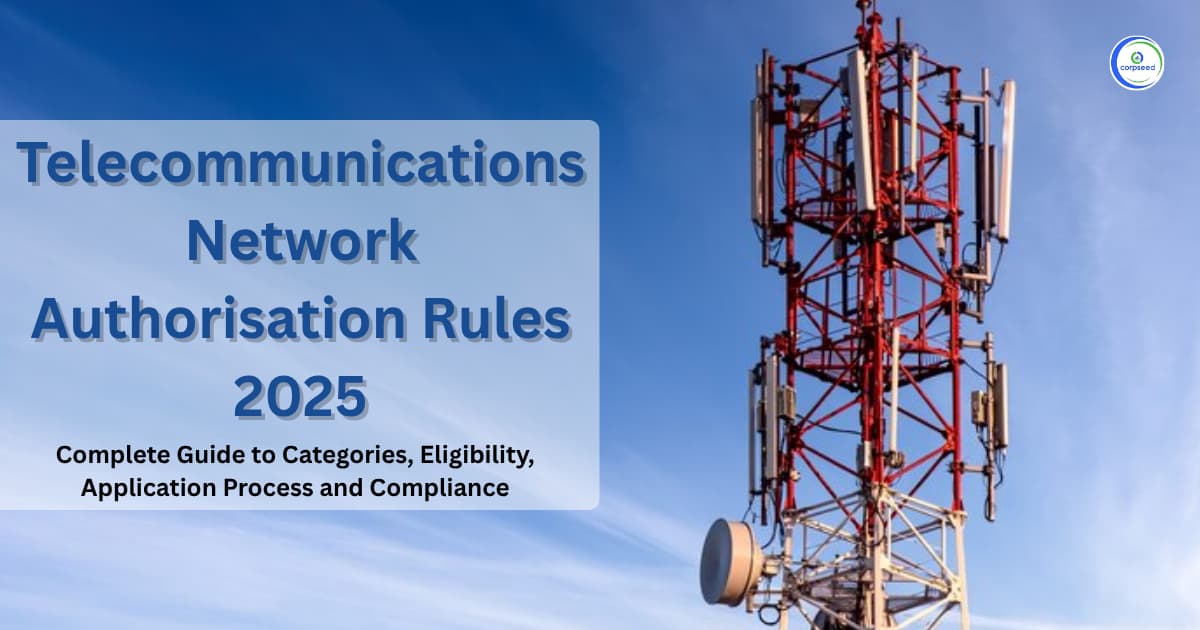
Clear guide to India’s Telecommunications (Authorisation for Telecommunication Network) Rules, 2025, categories, eligibility, guarantees, renewal, and Application process.
About the Author

Mahek Sancheti, BAJMC graduate with a deep passion for writing. As a content writer, video content creator, creative content creator, and scriptwriter, I bring stories to life through words and visuals. I honed my skills by working with a prominent news agency, where I excelled in crafting compelling narratives and engaging content. Coming from a journalism and mass communication background I have skills to craft engaging narratives that captivate audiences. With a keen interest in writing and creativity, I aim to deliver impactful and meaningful content that resonates with diverse audiences.
Related articles
.webp&w=1536&q=75)
Offshore Areas Mineral Rules, 2026: Key Compliance Requirements
2026-02-19
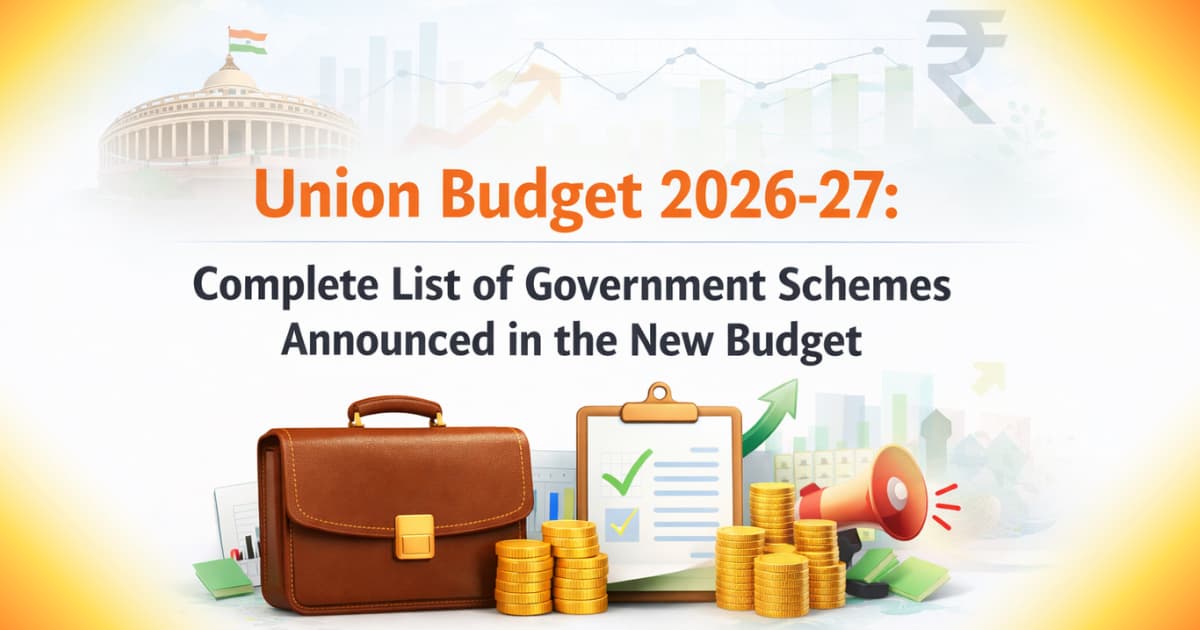
Union Budget 2026-27: Complete List of Government Schemes Announced in the New Budget
2026-02-13
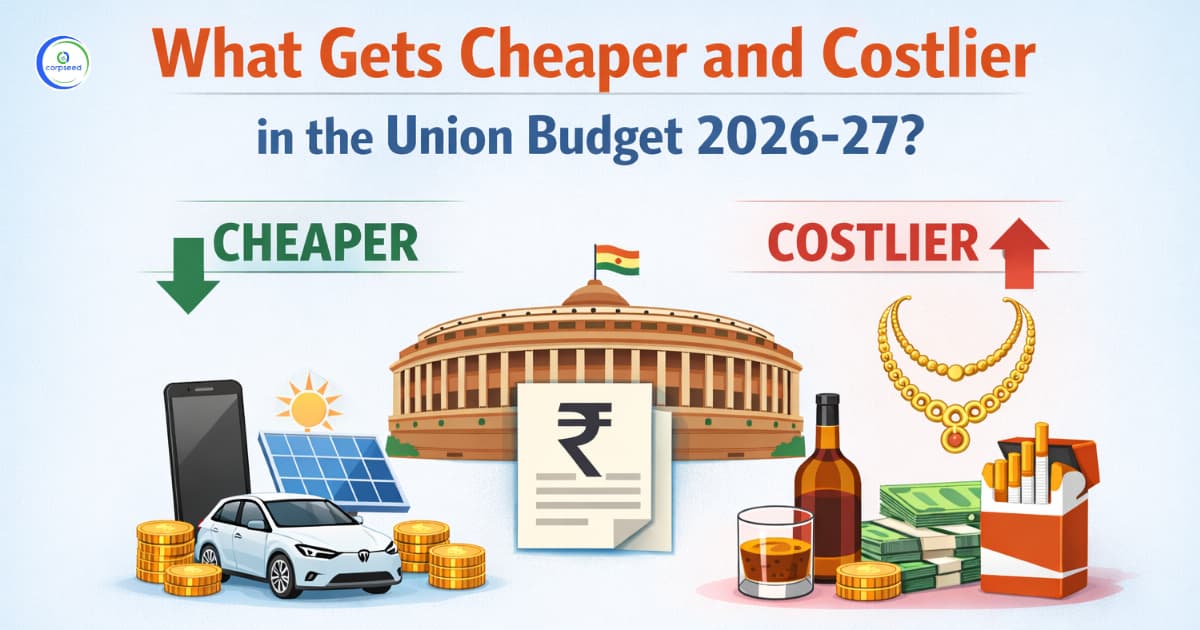
What Gets Cheaper and Costlier in the Union Budget 2026-27?
2026-02-13
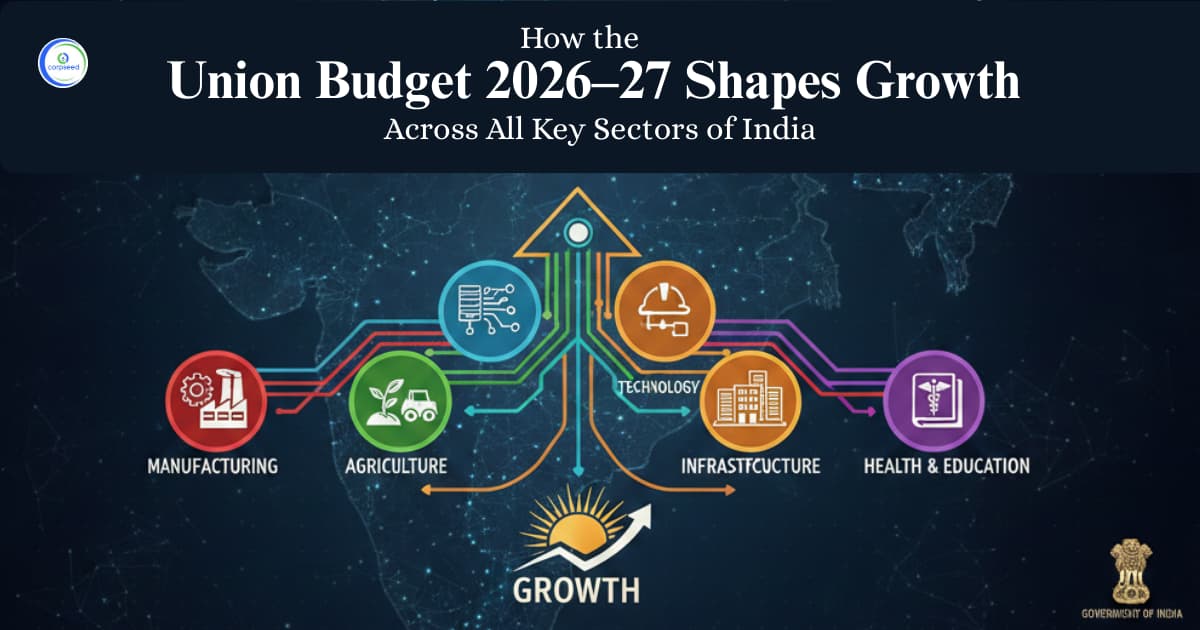
How the Union Budget 2026-27 Shapes Growth Across All Key Sectors of India?
2026-02-13
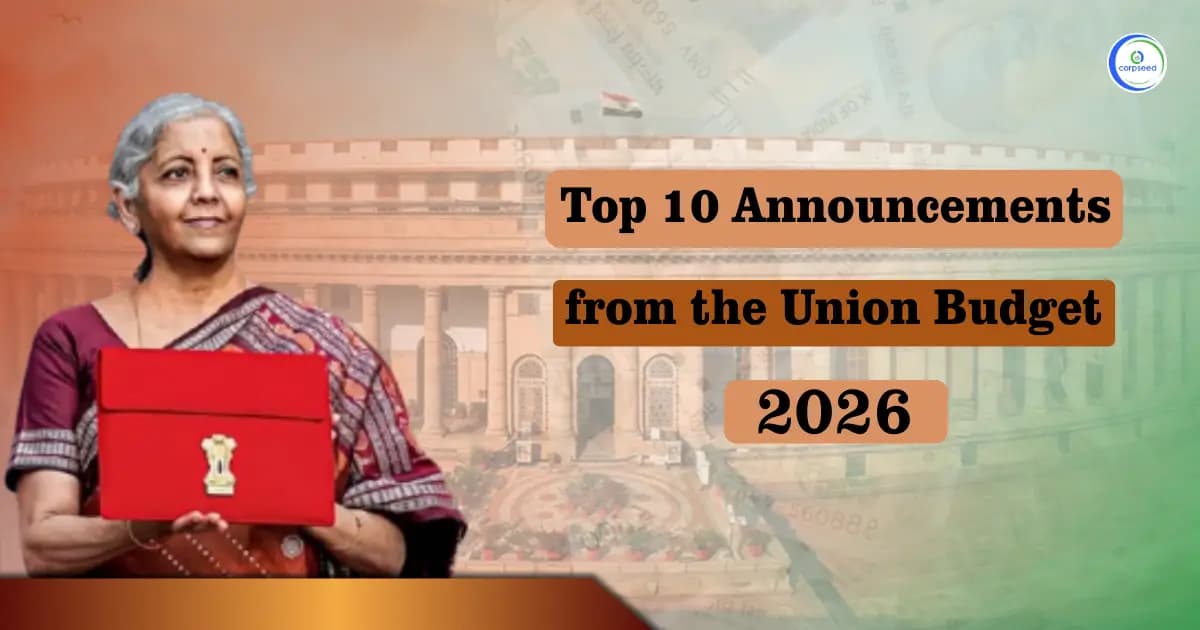
Top 10 Announcements from the Union Budget 2026
2026-02-12
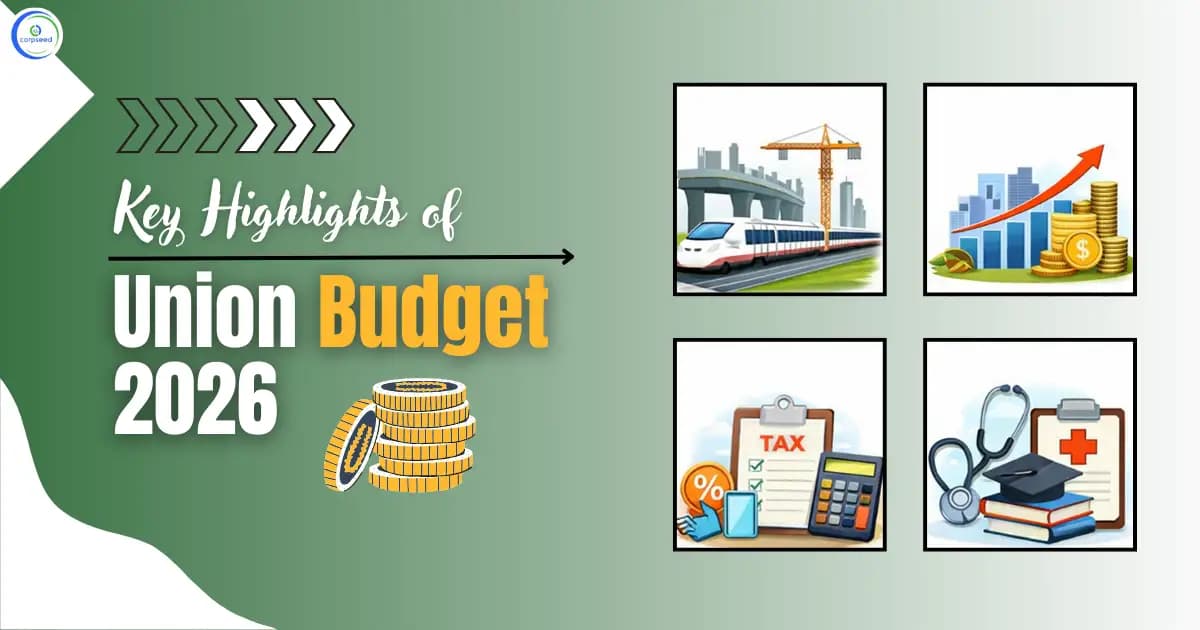
Key Highlights of Union Budget 2026
2026-02-02